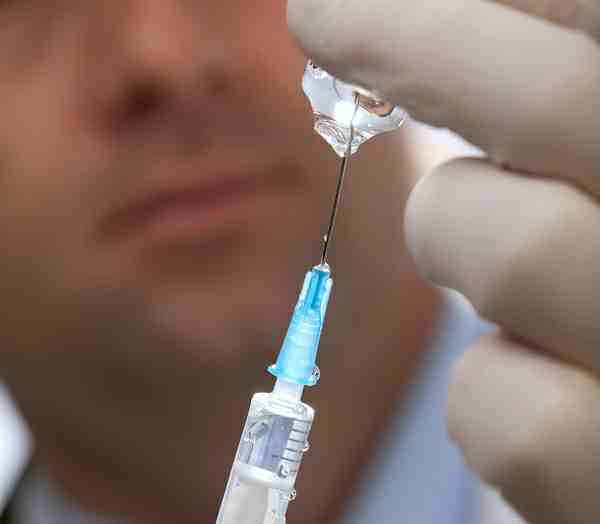
The US Food and Drug Administration (FDA) approves about 400 implanted medical devices each year through an abbreviated process called the 510(k) process, which only rarely requires clinical trials (studies of patients). These implants include potentially high-risk devices such as heart valves, spinal implants, and hip and knee joint replacements. In contrast, fewer than 20 implants each year are approved by FDA through the more rigorous Premarket Approval (PMA) process that requires that the impact on the patients’ health be studied in clinical trials.
Under what is known as the 510(k) review, the FDA clears about 400 implanted medical devices without clinical testing each year for market that are considered moderate to high risk. The FDA has a process that requires the applicant to provide scientific evidence that the new device is “substantially equivalent” to devices already on the market. The companies are legally required to submit the evidence to the FDA and to make publicly available at least a summary of the evidence.
The authors examined what kind of evidence companies submitted about their devices and whether it was publicly available by using FDA databases. The authors identified the first two implanted medical devices approved in each of five categories for each year from 2008 through 2012, and their sample of 50 devices included total hip implants, vascular embolization devices and surgical mesh. They also identified 1,105 “predicates,” or devices already on the market, …
Previous criticisms of the FDA medical device approval process by the Institute of Medicine and public health researchers have focused on the lack of clinical trial data proving safety and effectiveness. The FDA has repeatedly claimed that the agency has other rigorous scientific criteria for approval, such as bioengineering data proving that the new devices are so similar to the ones already on the market that they will be just as safe and effective. This is the first study to examine the “other scientific data” that the FDA explains that it relies on. The results indicate that either the companies are not providing solid scientific data proving that the new devices are substantially equivalent to the predicates, or that the companies are not making a sufficiently detailed summary of their scientific evidence publicly available, as required by law.
Please Read this Article at NaturalBlaze.com





Leave a Reply